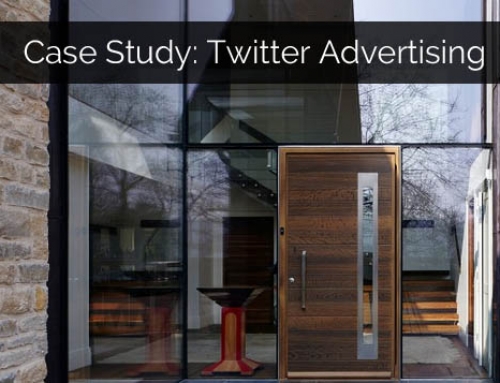The case of the Yorkshire man who was arrested, heavily fined and eventually lost his job after an angry outburst on Twitter was highlighted again yesterday by an explosion (pun entirely intended) of sympathetic tweets.
Thousands of Twitter users repeated Paul Chambers’ original tweet with the IAmSpartacus hashtag to show solidarity with him and highlight the absurdity of the case, after his appeal was dismissed.
Personally, I think that Mr Chambers has been punished disproportionately for what was, at worst, a moment of foolishness. Air travel and its associated security pantomime has become a miserable and frustrating experience, and anyone who travels regularly will have found themselves muttering similar threats and worse at some point.
I’d also suggest that basic literacy skills, rather than a forensic legal mind, are all that’s needed to establish that the tweet in question was clearly not a concrete threat: “Robin Hood Airport is closed. You’ve got a week and a bit to get your shit together, otherwise I’m blowing the airport sky high”
Yeah, scary. Osama Bin Laden is probably signing up for Hootsuite right now, to make sure he schedules a mention of Al Qaeda’s next atrocity a full week in advance.
It does raise some interesting questions about the nature of Twitter, though. I’m no legal expert, and I’m sure that a tweet meets some kind of definition of a public statement and /or degree of permanence which puts it on an equal footing with taking out a banner ad in the Sunday Times. But in terms of the way Twitter is actually used in practise, it seems to me to have more similarity with talking loudly on a crowded bus – the speaker isn’t specifically addressing a wider audience, but they know it’s there and neither are they doing anything to prevent it. If what’s being said is sufficiently interesting (or scandalous, or scary) then the potential for it to reach a large group of people via phone or email has been there for a long while. All that Twitter is bringing to the party is to increase the speed and ease with which that can happen.
It’s also easier to monitor. The alarm was raised, in this instance, by the airport manager. I’m not sure how it came to his attention, but would guess he’s using some form of search tool to monitor mentions of the airport on social media. Which immediately raises the possibility that our “casual remark on the No 25 to Clapham” attracts the attention of someone we didn’t anticipate.
So is this about free speech, the use of social media, or just a bizarre failure of common sense within the legal system which happens to involve both of the above? Either way, it certainly provides plenty to think about. If you’re in the mood for more detail on the case, there’s a very interesting blog entry by Matt Flaherty about his experience of attending the appeal hearing, with an equally interesting debate in the comments.






Similar issues this side of the pond, as well. A post a few days ago on Mashable describes a federal agency declaring Facebook posts as legally protected speech, even for employees who write negative things about their employers. View here: For Employees, Facebook Counts as Free Speech
From having a reasonable expectation of privacy while participating more or less publically in social media arenas to 61% of Americans supporting an Internet Killswitch, the subject of cybersecurity, free speech, privacy, and protection for individuals, businesses and institutions is worth keeping a very close eye on. Plenty to think about for sure!
Hi Briana and thanks for visiting!
The clarification around Facebook sounds like a step in the right direction, will be interesting to see how that works out.
It’s commonplace for business to block employee access to social media here (i think the statistic is >60%) and although of course that doesn’t prevent employees using social media in their spare time, it does point out that for most businesses at the moment, fear of the risks outweighs the perception of the positives!